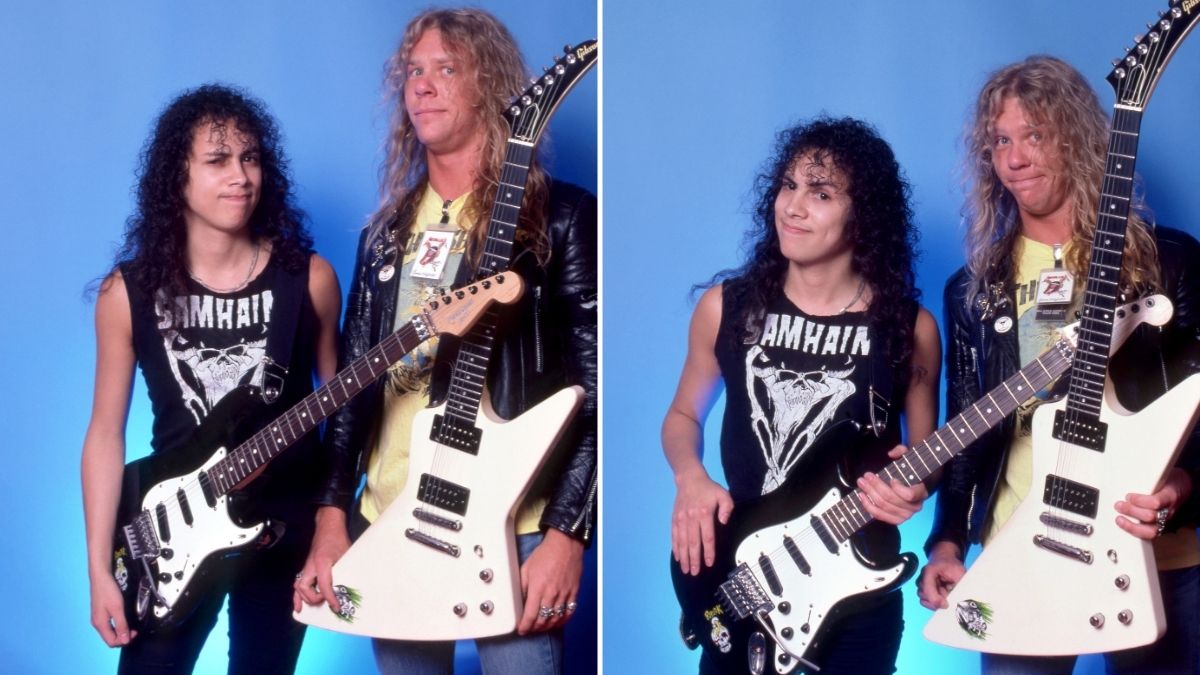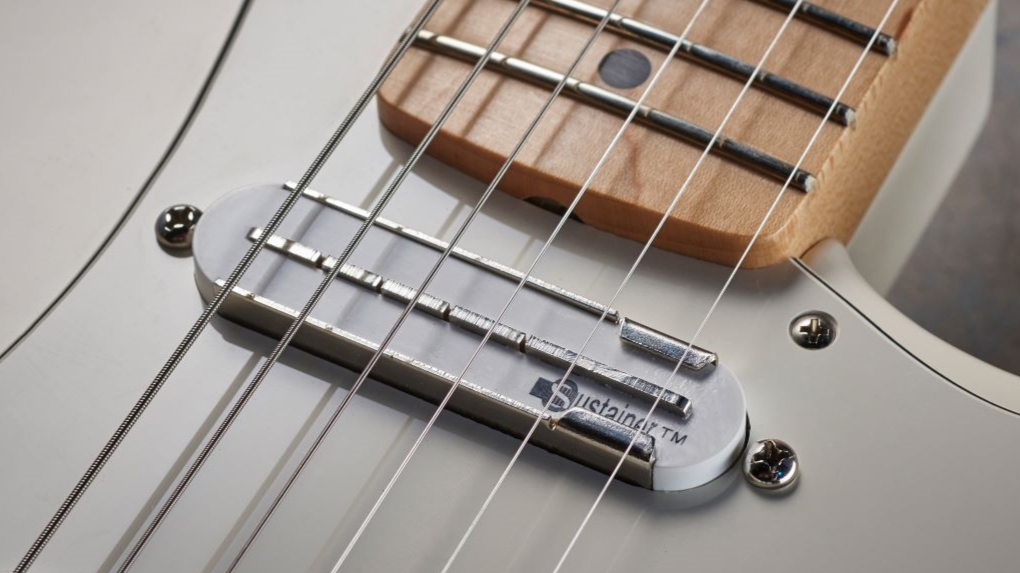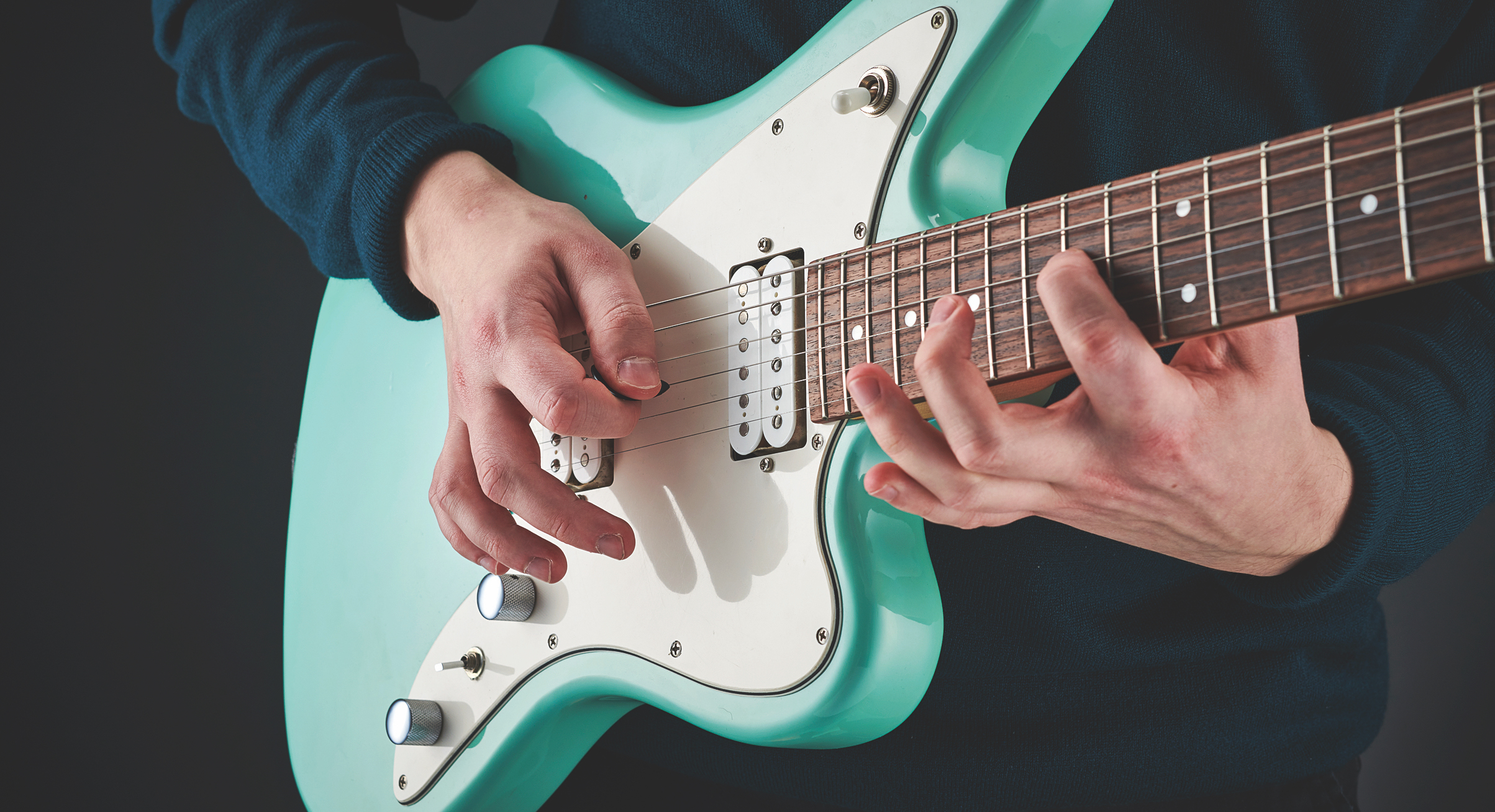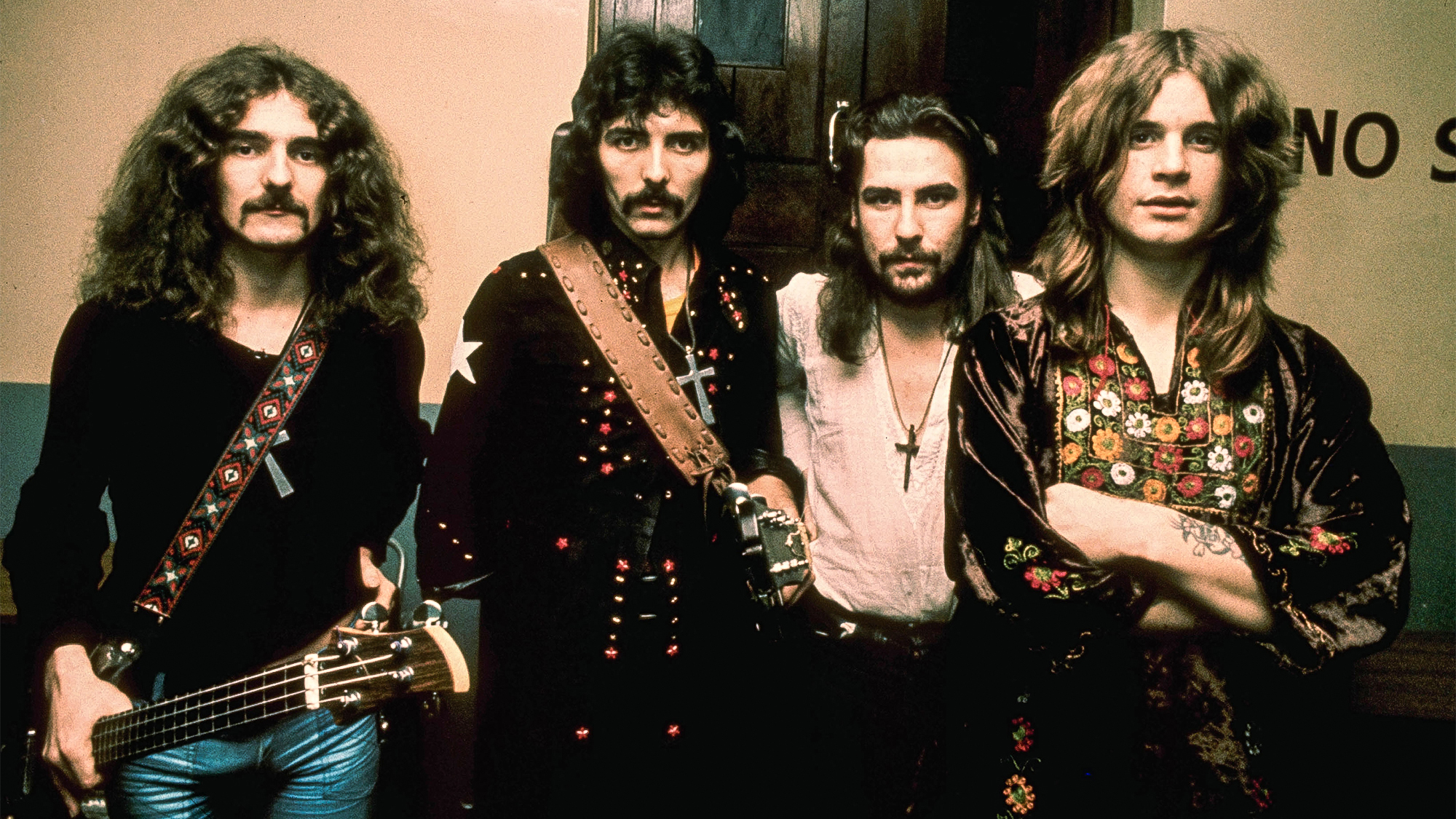“In light of the total amount of debt, Fernandes plans to file for bankruptcy proceedings as soon as possible”: Fernandes Guitars, Japanese brand loved by Kirk Hammett and The Edge, files for bankruptcy
The budget guitar builder, founded in 1969, cited a poor performance in the second-hand market and increased competition for its $2.75m debt

All the latest guitar news, interviews, lessons, reviews, deals and more, direct to your inbox!
You are now subscribed
Your newsletter sign-up was successful
Japanese luthier Fernandes Guitars, whose instruments have been played by Kirk Hammet, The Edge, and Green Day’s Billie Joe Armstrong, has filed for bankruptcy, Guitar World reports.
A statement posted to its website on July 13 [translated from Japanese], reads:
“Fernandes Co., Ltd. (hereinafter referred to as ‘Fernandes’) is currently owed a considerable amount of debt to multiple creditors, and unfortunately, it has become impossible to continue business.
“We apologize for the inconvenience caused to creditors and related parties, but in light of the total amount of debt, Fernandes plans to file for bankruptcy proceedings as soon as possible.
“Creditors and business partners who have claims or debts against Fernandes will be contacted in writing by the attorney representing them in the bankruptcy proceedings… We apologize for the inconvenience and thank you for your patronage over the years.”
The website Tokyo Shoko Research states that, as of January 2024, the company’s debts amounted to 433.89 million yen, which is approximately $2.75m.
The firm, which was founded in 1969, and operated as Saito Musical Instruments before its name change three years later, blamed its worsening performance on the second-hand market and intensifying competition.
All the latest guitar news, interviews, lessons, reviews, deals and more, direct to your inbox!
Its early success came from producing copies of popular US-made guitars, with two main lines produced. Its Fernandes lines specialized in Fender-style instruments, and Burny in Gibson replicas.

The guitars were originally produced in Japan, with some models transported to the US, where they were sold as budget alternatives to known American brands.
Fernandes slowly built a reputation for producing quality beginner guitars that players would continue to grow with as their skills developed.
Pressure from Fender and Gibson in the '80s, however, forced the company to change up its logos to better differentiate from the luthiers it was copying.
Metallica’s Kirk Hammet, who acquired ‘Edna,’ a Fernandes FST-13, in the early ‘80s, was one of the biggest name players to represent the firm. The guitar featured on the cover of The $5.98 E.P.: Garage Days Re-Revisited.
As revealed during an interview with Music Radar, The Edge's guitar tech confirmed that two Fernandes guitars, a 2009 Retro Rocket Sustain and a 2003 Native Sustain, featured as part of his touring rig at the time.

Green Day’s Billie Joe Armstrong was Fernandes’ most vocal advocate. He’s owned his ‘Blue’ Fernandes Revival RST-50 Strat copy since he was 10 years old. It’s been used during almost every Green Day show.
Fernandes has also produced signature guitars for some big names, including Brad Gillis, Dave Kushner, and another Metallic alumnus, Robert Trujillo.
Over the last decade, Fernandes has ceased building guitars for the USA market, perhaps reacting to the aforementioned increase in competition. But despite that, its Sustainer pickup has remained a popular product outside of Japan.

Operating similarly to an eBow by using electromagnetism to vibrate strings for increased sustain, it has the extra benefit of letting players use a pick with the system.
That's a quirk that won over key players in the prog rock elite. King Crimson’s Robert Fripp and Steve Hackett have both played Les Paul-style Fernandes copies fitted with Sustainer pickups.
Radiohead’s Ed O’Brien also fitted his signature Fender EOB Sustainer Strat with the pickup system.
With the news so fresh, the future of the firm is currently unclear. For a business with a history as rich as the Japanese company's, there is always the possibility of a bailout from another, similarly-minded brand.
A freelance writer with a penchant for music that gets weird, Phil is a regular contributor to Prog, Guitar World, and Total Guitar magazines and is especially keen on shining a light on unknown artists. Outside of the journalism realm, you can find him writing angular riffs in progressive metal band, Prognosis, in which he slings an 8-string Strandberg Boden Original, churning that low string through a variety of tunings. He's also a published author and is currently penning his debut novel which chucks fantasy, mythology and humanity into a great big melting pot.

